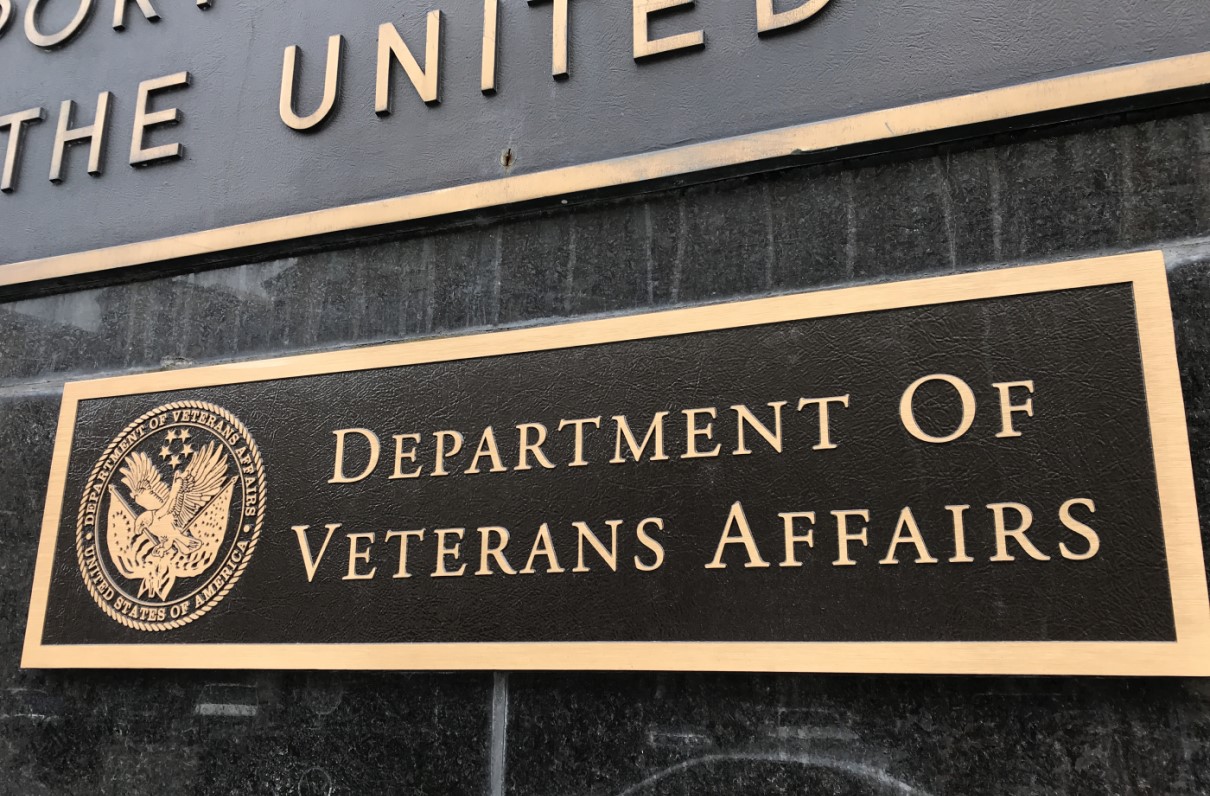Editor’s note: This article by Patricia Kime originally appeared on Military.com, a leading source of news for the military and veteran community.
Veterans enrolled in the Department of Veterans Affairs' Family Caregiver Program before new eligibility requirements went into effect last year and who might lose the benefit as the result of a reassessment of cases will receive an extra year of support.
The VA announced Sept. 22 that it still needs to scrutinize 19,800 cases to determine whether the veterans meet the new standards -- a review that could result in dismissal from the program or higher or lower monthly stipends.
Last year, the department expanded the program to veterans from World War II through the Vietnam War who need significant assistance from a caregiver -- a spouse, family member, friend or helper -- with their daily needs.
At the same time, it set new eligibility criteria, reducing the number of categories from three to two and announced it would review the cases of injured post-9/11 combat veterans for whom the program was initially created.
[RELATED: Veteran Disability Claims Backlog Expected to Grow in Coming Months]
The VA had expected to get through those assessments by Oct. 1, 2021. But, VA officials said Sept. 22, the department received more than 107,000 applications from the newly eligible cohort -- a number they said was significantly higher than expected -- and decided to prioritize that group rather than reassess current beneficiaries, known as the "legacy" group.
"We felt the legacy group was already receiving care and receiving stipends payments and services, and the veterans applying for the program did not have anything," Caregiver Support Program Executive Director Colleen Richardson said during a call with reporters.
Under the system, veterans are assessed on the level of assistance they need with their daily tasks, such as getting dressed, bathing, cooking and taking medications.
The new system divides eligible veterans into two groups, down from the previous three-tiered approach: Level 2 participants need the highest level of care, such as round-the-clock supervision and help with at least three or more basic activities, while Level 1 veterans require substantial care but are more independent.
[RELATED: How Military, Veteran Caregivers Can Apply for Respite Relief]
Richardson said that all veterans in the lowest tier of the old system and 2% of the second and third tiers, or 6,700 veterans, will lose their caregiver benefits, while the remainder may see their stipends increase or decrease.
According to an interim rule published Sept. 22 in the Federal Register, the group that is removed from the program will receive 12 months of benefits, until Oct. 1, 2022, followed by another 60 days of benefits during processing and an additional 90 days of coverage -- for a total of 17 months -- before they are dismissed from the program.
Veterans whose stipends will be lowered will see that change go into effect Oct. 1, 2022.
And veterans who are reassessed and deemed to need a higher stipend will receive it as soon as they are found eligible for the increased benefits.
Richardson said the reassessments will begin in the next couple of weeks, and the VA plans to send letters and call veterans to notify them of the effort. The assessments will include home visits or, if the veterans prefer as a result of the pandemic, an assessment by video.
[RELATED: VA Report: Many ‘Inaccurate Decisions’ on Blue Water Navy Veteran Claims]
The 2018 VA Mission Act required the department to expand its caregiver program to include combat veterans from previous wars. Vietnam War-era veterans were to become eligible for the program on Oct. 1, 2019, but that effort was delayed by a year because the VA didn't have the capacity to process the claims of the additional veterans.
They became eligible to apply on Oct. 1, 2020.
The VA has seen a jump in applications, from 1,900 a month in early 2020, to roughly 10,000 a month since the program was expanded. Richardson said the department is reviewing about 10,663 applications per month.
The program is set to undergo another expansion on Oct. 1, 2022, to include combat veterans who served between 1975 and Sept. 11, 2001.
The VA's Office of Inspector General conducted an investigation in 2018 into the program that found management problems, including payments of $4.8 million to caregivers of veterans who weren't eligible for the program.
Last year, four spouses and two fiancees of veterans eligible for the program sued the VA for allegedly improperly revoking their benefits or denying them.
Richardson said her office is working with the VA general counsel to ensure that veterans who were denied benefits or downgraded in tiers know of their right to appeal.
More information on the VA's caregiver program can be found on its website.
MOAA Looks Out For You
MOAA is committed to protecting the rights of servicemembers and their families. Lend your voice and support these efforts today. Because the larger our voice is, the greater our impact will be.
